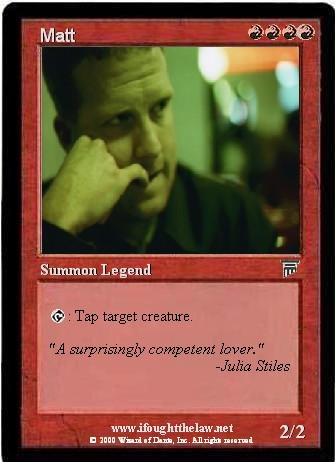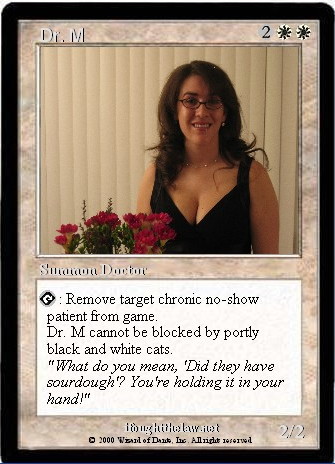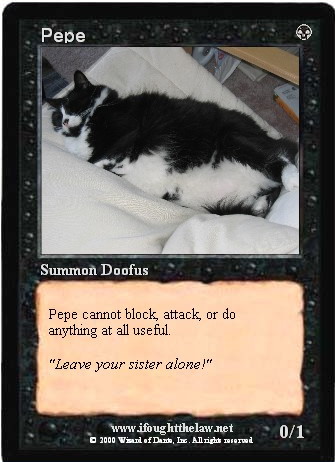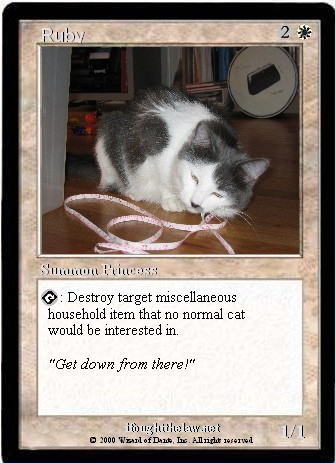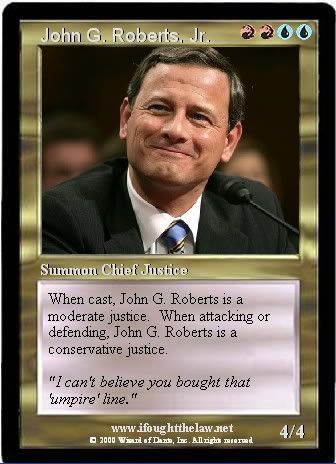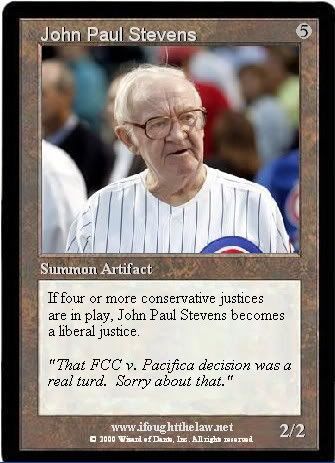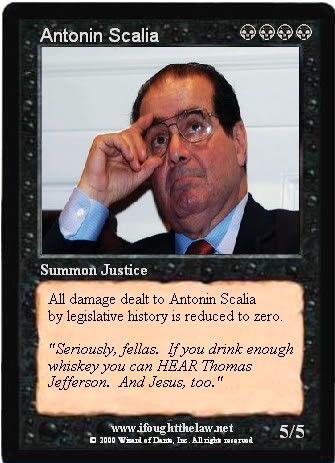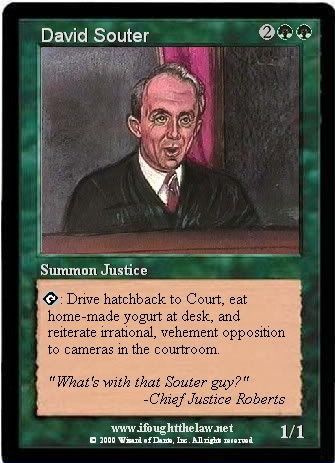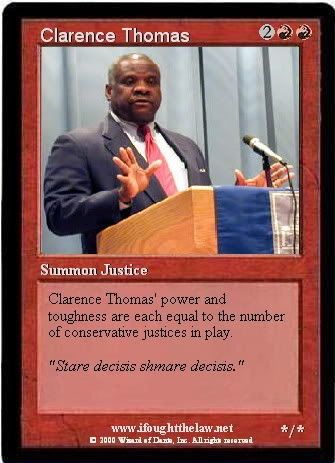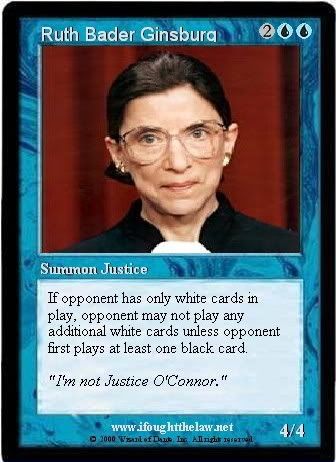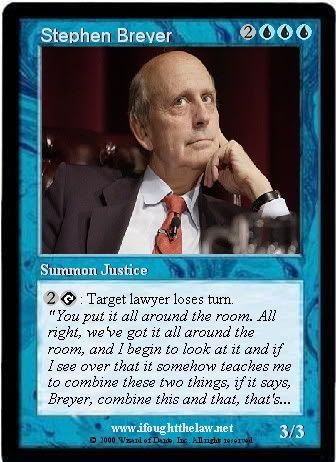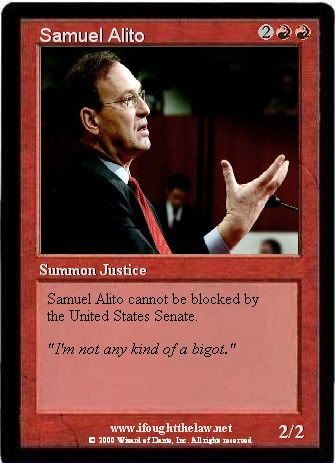Since my very first semester of law school when I was introduced to the concept of Law & Economics by a zealous devotee of Guido Calabresi, I've been extremely skeptical about the wholesale application of economic principles to draw descriptive and normative conclusions about the law. It didn't take long for this skepticism to transform into outright rejection, though now my views on the subject are somewhat more nuanced. I'm still very skeptical, and I have little patience for lawyers and legal scholars who seem to believe that the only thing the judge needs is good old-fashioned economics (and there are many). At the core of this suspicion is the recognition that L&E necessarily makes a lot of unsupportable assumptions and disregards numerous factors that are important in terms of the real world but don't translate well into dollars and cents.
This skepticism has translated directly to a suspicion of pop economists, particularly the smug bastards who show up on NPR and Slate to tell the ignorant masses that buying french fries is stupid. I haven't read any pop economics books, but I'm sure I'd hate them with similar vigor. The latest example of why I hate this kind of discourse appeared on Slate this morning via the ham-fistedly overstated link "Economic Proof That Gift-Giving Is Pointless" (note: in keeping with Slate's general practice, the link title and the article title are different).
In this article, Joel Waldfogel claims that gift giving makes no economic sense because the value per dollar spent on gifts is less than the value per dollar spent on things you buy for yourself. According to Joel:
On average, a dollar that people spend for themselves creates nearly 20 percent more satisfaction than a dollar that someone else spends on them. Put another—depressing—way, gift-giving effectively discards 20 percent of the gift's price. So, of the nearly $100 billion spent on holiday gifts each year, one-fifth is effectively flushed down the toilet.
It doesn't take much digging to see that Joel has completely missed the point of gift-giving. He explicitly states, twice, that his analysis disregards sentimental value. This means that, in Joel's Kool Aid-chugging, Economics-as-God world, buying a gift for someone is exactly the same as doing someone's grocery shopping for them without asking them what they want first. Of course people are going to enjoy things that they picked out specifically for themselves more than things that have been picked out for them. The margin of error is definitely larger when buying something for someone else. But the utility of the specific item isn't the point of gift-giving. There are all kinds of extremely important, dare I say, sentimental dimensions of gift-giving that numberfuckers like Joel seem all too hasty to dismiss. How about doing something nice for someone you like? How about the ritual of participating in a holiday or family event? How about the pleasure of sharing such an event with someone by including them in a gift exchange? Is there room for these sources of satisfaction in Joel's world? No, because they're "sentimental."
Indeed, even a totally useless, gawd-awful gift that no one in their right mind would ever choose for themselves brings pleasure to the recipient. Dr. M and I still laugh over some of the ridiculous things we got for our wedding (and have gotten for Christmases and birthdays and such). These things have no economic value but they give us something to laugh about (hint: laughter is good).
So, I maintain my healthy skepticism toward economists who say that such-and-such commonly accepted social behavior is pointless because it turns a dollar into three quarters. There are some things I'm willing to "waste" money on, and sentimental pleasure is one of them.

